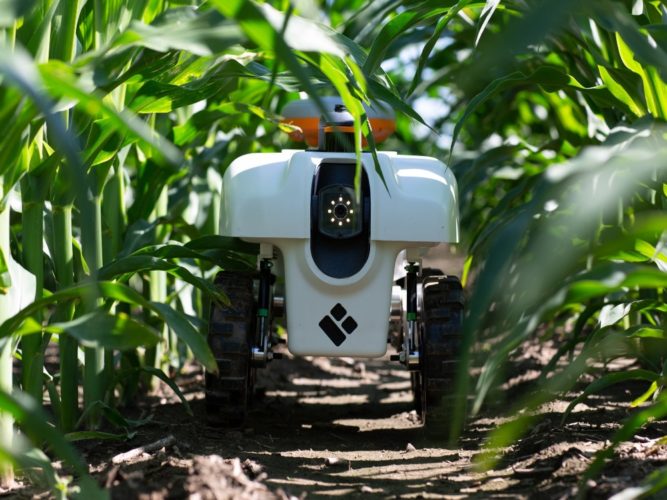Description: “Zero waste” is an approach to the way materials are handled through their entire life cycle. In our vision of zero waste, materials are designed to cycle infinitely through phases of useful life, improving environmental and human health wherever possible. In striving toward this vision, materials not designed for zero waste should be put to their highest and best use.
The University of Illinois’ Illinois Sustainable Technology Center (ISTC) Technical Assistance Program (TAP) provides a variety of cost-effective, sustainable material management services to assist clients with striving toward this vision of zero waste. ISTC helps organizations achieve zero waste by being a resource for innovative disposal and reuse of materials. ISTC provides information and technical assistance that help organizations improve their environmental footprint. We conduct waste audits and assist with materials management planning, supply chain optimization, and stakeholder engagement.
Services:
Enhanced Waste Audits
We design and implement site-specific waste audits ranging in scope from individual buildings to large communities. By analyzing both material inputs and outputs within a facility, we identify data-driven opportunities to help your organization achieve zero waste.
Waste Management Planning
We help clients to identify gaps in and opportunities to improve existing waste management processes by examining infrastructure, service providers, costs, collection practices, and user engagement. Additionally, we can offer solutions for site-specific constraints that prevent greater waste diversion.
Composting/Anaerobic Digestion
TAP conducts business outreach and research to support food waste reduction and diversion efforts. We assist clients with setting up successful composting programs including waste stream assessments, designing signage, and training employees. We can also guide you in considering various food scrap technology options, such as aerobic and anaerobic digestion, and in-vessel composting.
Stakeholder Engagement
TAP partners with employees, students, and communities to improve existing waste reduction programs through education and training. We provide advice on communication strategies that lead to lasting behavior change.
Target audience: Any private or public entity.
Expected duration of projects: Varies
Expected cost to community? Varies based on scope of services. ISTC charges fees based on cost recovery.


